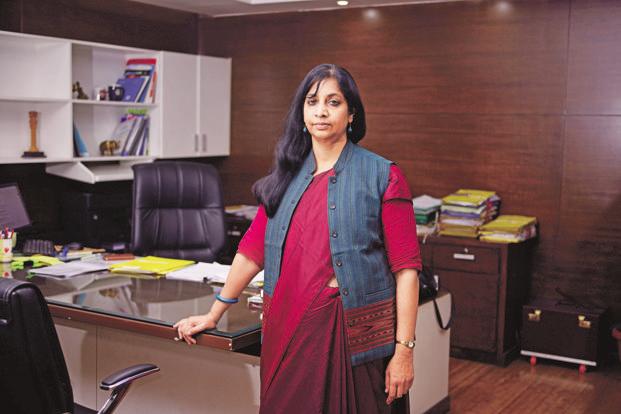The Telecom Regulatory Authority of India (TRAI) is making waves in the VoIP and telecommunications sector with new proposals for mmWave spectrum auctions, aimed at enhancing 5G services. By reducing spectrum prices, TRAI hopes to drive greater adoption. This strategic change is set to transform VoIP infrastructure in India, maintaining focus on future advancements.
Earlier this week, a leading IT solutions provider Tech Mahindra, announced its partnership with Microsoft to build a blockchain-based robust ecosystem meant to tackle unsolicited commercial communications in India. This blockchain solution will be developed based on Microsoft Azure, and will comply with the regulations issued by the Telecom Regulatory Authority of India (TRAI). TRAI has been working with both these companies and other stakeholders to curb the profusion of spam calls and messages so widely spread across the country. While the initial step of introducing a “Do Not Disturb” registry in 2010 seems to be a success with 230 million listed subscribers, the telemarketers still manage to find fraudulent workarounds to obtain consent and continue delivering spam calls. “Blockchain as a technology is a powerful tool to combat the issue of spam calls and fraud risks, to protect user information, as well as the integrity of the telecom sector.…
Blockchain will be the next tool used by the TRAI (Telecom Regulatory Authority in India) to fight against aggressive telemarketing, that is using spam calls and SMS. According to the TRAI, blockchain technology is able to track those annoying telemarketers. As they use unregistered phone numbers, they are usually hard to track, and with this new way of fighting against those marketing methods, India’s Telecom regulator will be the first to use blockchain as a mean of regulation. TRAI Chairman RS Sharma said: “Blockchain will ensure two things — non-repudiation and confidentiality. Only those authorized will be able to access details of a subscriber and only when they need to deliver service…“ and added that “TRAI will become the first organization to implement this kind of regulation on such a large scale,” 30 billion commercial calls or SMS are sent every month to users in India. Most of them are…
Telecom Secretary in India, Aruna Sundarajan expressed concerns about the country’s lack of quality mobile network services. She pointed out the fact that more towers and fiberisation is needed to follow the growth of subscribers. She said, during the second 5G India conference, “In a country where data is growing at 500 per cent, we need much more infrastructure. You need at least double the number of towers, at least double the size of fibre. Otherwise, where will the quality come from? So, they (operators) are working on that We are driving down hard on the service quality areas. We are beginning to see visible changes as a result of it. But it is not enough.” In a situation where call drops occur more often, falling service quality is concerning users and professionals. Manoj Sinha, the Telecom Minister, replied by confirming that the government is committed to “ensure quality of…
In India, the TRAI (Telecom Regulatory Authority of India) recommended that providers will be allowed to offer app-based VoIP services through Wi-Fi. Those calls will be considered the same way as classic calls. Thus the operators will have to have to follow the rules forme the TRAI. The consequences are interesting for a country that can be subject to issues on phone connectivities to the network. With this recommendation, you can now have the service from your regular provider with one phone number, and get the app of that same company, and use the same number for both. However, you can also download the app from another provider and get another phone number for VoIP, and use it through Wi-Fi. The infrastructures in India, using circuit switch, was not seen as efficient enough for VoIP, but the issues on call drops needed to be addressed. This explains why the TRAI…








